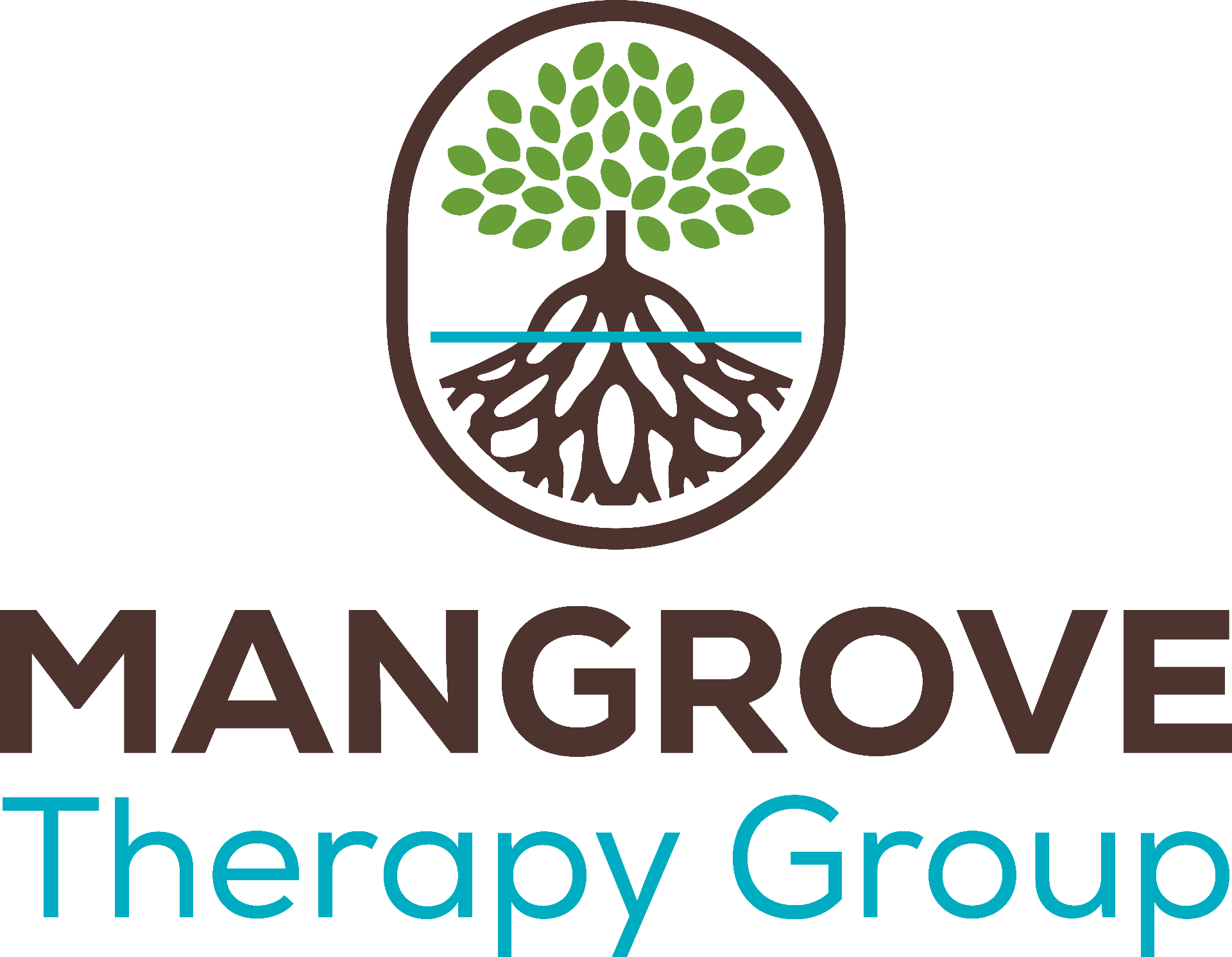Adjunct EMDR (Collaboration)
What is Adjunctive EMDR Therapy?
Adjunct EMDR is the process whereby a local, non-EMDR therapist refers their client to us to do a specific piece of clinical work or address a specific concern. For example, a client in early recovery from alcoholism is having major post-traumatic stress symptoms related to an incident that occurred years ago, thus preventing them from achieving sobriety due to an inability to stay calm, having constant hypervigilance, intrusive images and body sensations, nightmares interfering with sleep, withdrawal from social interactions, etc. These symptoms need to ameliorate in order for the client to be able to engage effectively in their program. This is just one example of many we have assisted with over the years via the adjunct EMDR approach. Other common issues include desensitizing addiction triggers, resolving single-incident traumas such as accidents or assaults, resolving physical pain, phobias, and other various stuck points that come up in therapy.
Our role would be to help the client resolve their specific issue while communicating and collaborating with the referring therapist. Adjunct EMDR therapy is brief and not meant to replace the current therapy process; rather, to supplement the primary therapeutic alliance with a focus on a specific treatment goal. It requires quick rapport-building with the client and good communication with the primary clinician. We find this to be an excellent model as the client is already learning emotional regulation skills and feels anchored and safe with their main therapist, thus allowing us to assertively address whatever needs to be specifically targeted.
Would your client benefit from Adjunct EMDR Therapy?
Call or email us to discuss if adjunct EMDR can help your client achieve their therapy goals.


